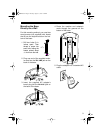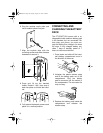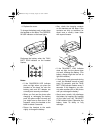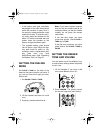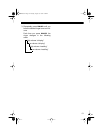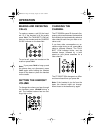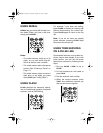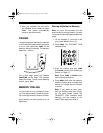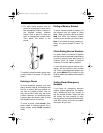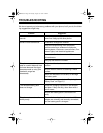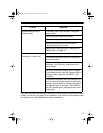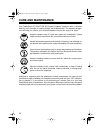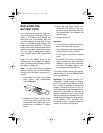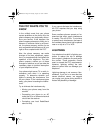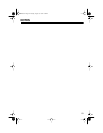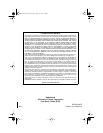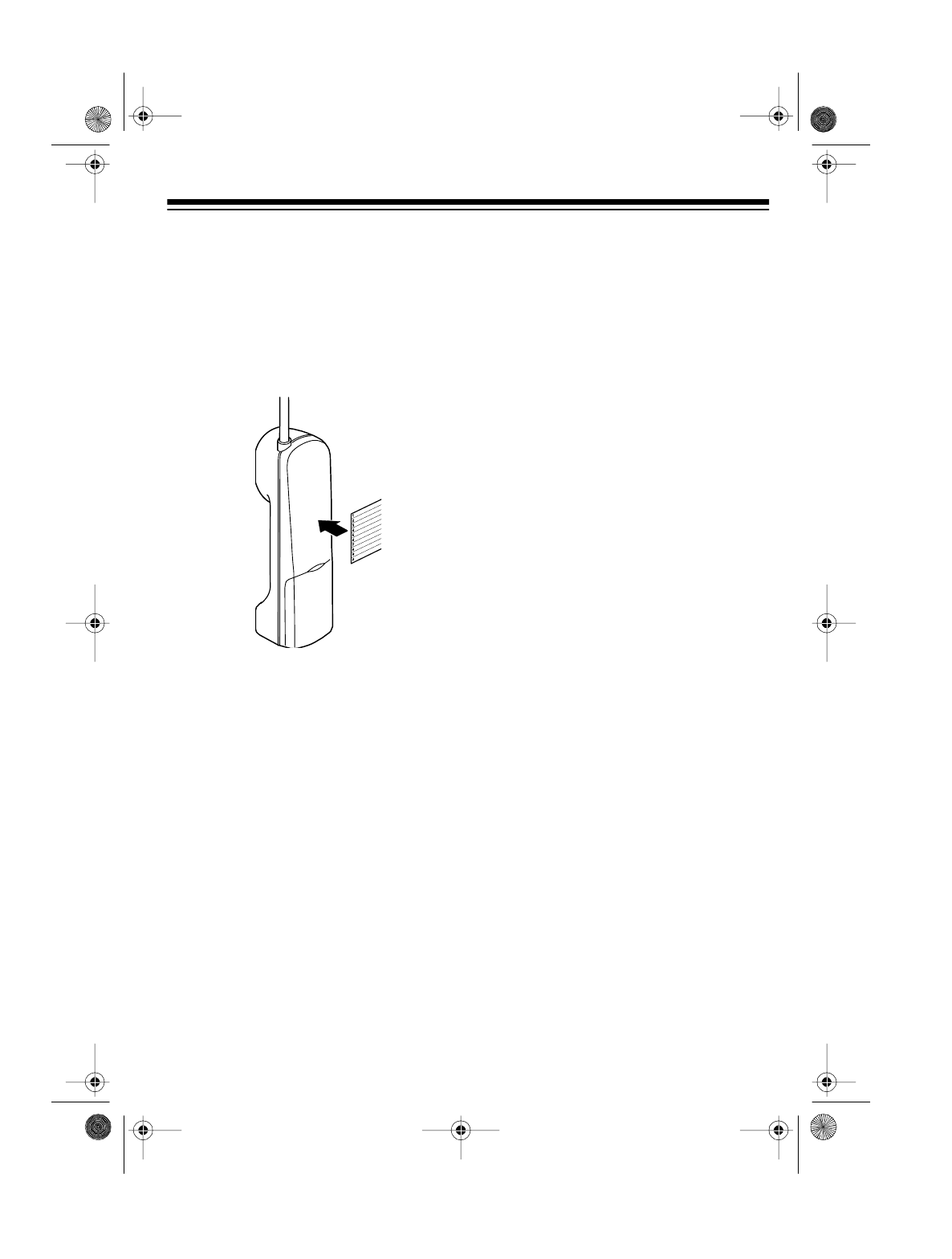
17
5. For each stored number, write the
person’s or company’s name next to
the appropriate location number on
the supplied memory directory
sticker. (Use a pencil in case you
want to change the number later.)
Then attach the sticker to the
phone.
To replace a stored number, simply store
a new number in its place. Or, just skip
Step 3.
Entering a Pause
In some telephone systems, you must
dial an access code (
9
, for example) and
wait for a second dial tone before you
can dial an outside number. You can
store the access code with the phone
number. However, you should also store
a pause after the access code to allow
the outside line time to connect.
To enter a pause, press
PAUSE
. Each
press enters a 2-second pause. For a
longer pause, press
PAUSE
additional
times.
Dialing a Memory Number
To dial a number stored in memory, lift
the handset from the cradle or press
TALK
. When you hear a dial tone, press
MEM
and enter the memory location
number for the number you want to dial.
Note:
If you select an empty memory lo-
cation, the phone beeps 5 times. Try
again.
Chain-Dialing Service Numbers
For quick recall of numbers for special
services (such as alternate long distance
or bank by phone), store each group of
numbers (such as codes or account
numbers) in its own memory location.
To use the stored special service infor-
mation, dial the service’s main number
first. Then, at the appropriate place in the
call, press
MEM
and the number for the
location where the additional information
is stored.
Testing Stored Emergency
Numbers
If you store an emergency service’s
number (police department, fire depart-
ment, ambulance) and you choose to
test the stored number, make the test
call during the late evening or early
morning hours to avoid peak demand pe-
riods. Also, remain on the line to explain
the reason for your call.
43-1053.fm Page 17 Tuesday, August 17, 1999 1:26 PM



